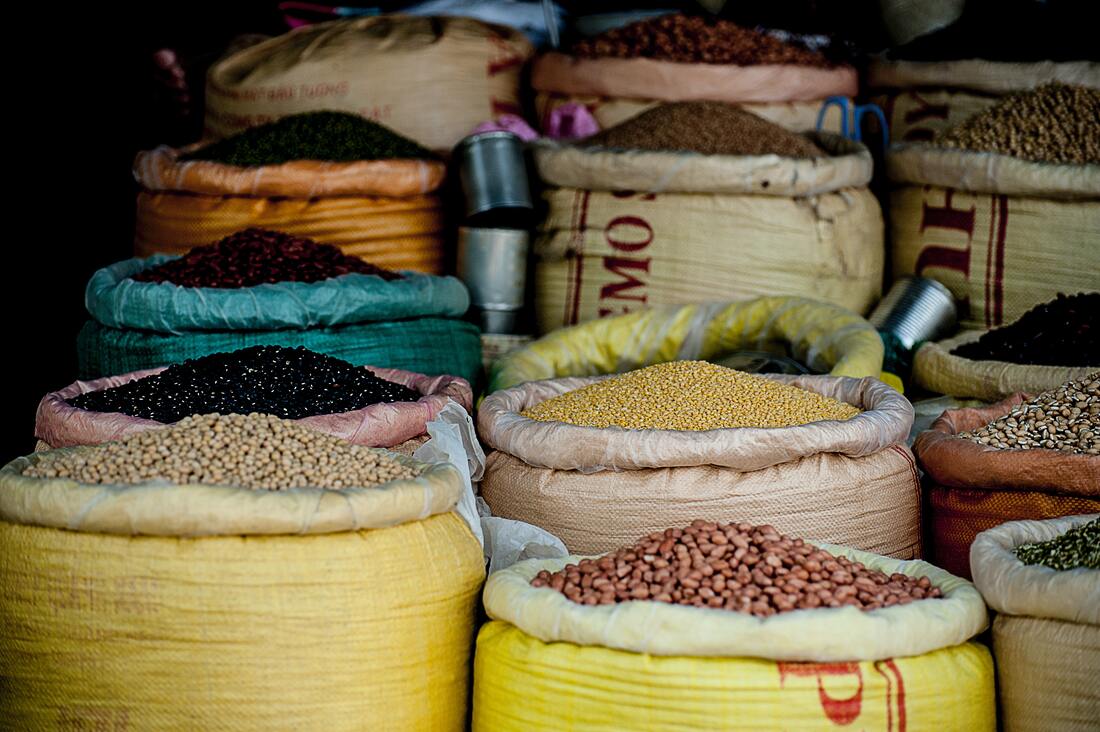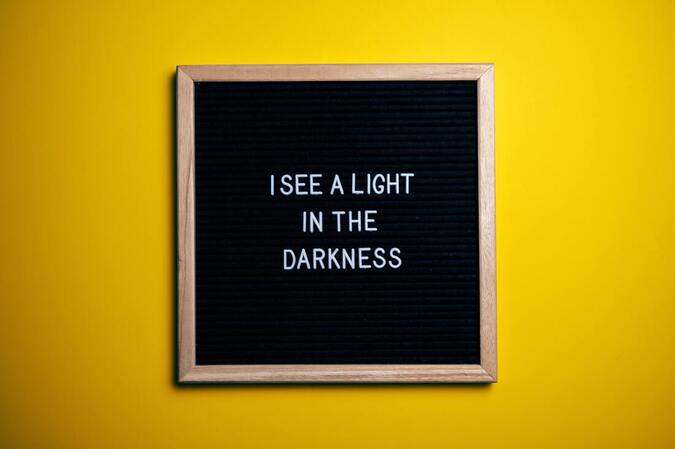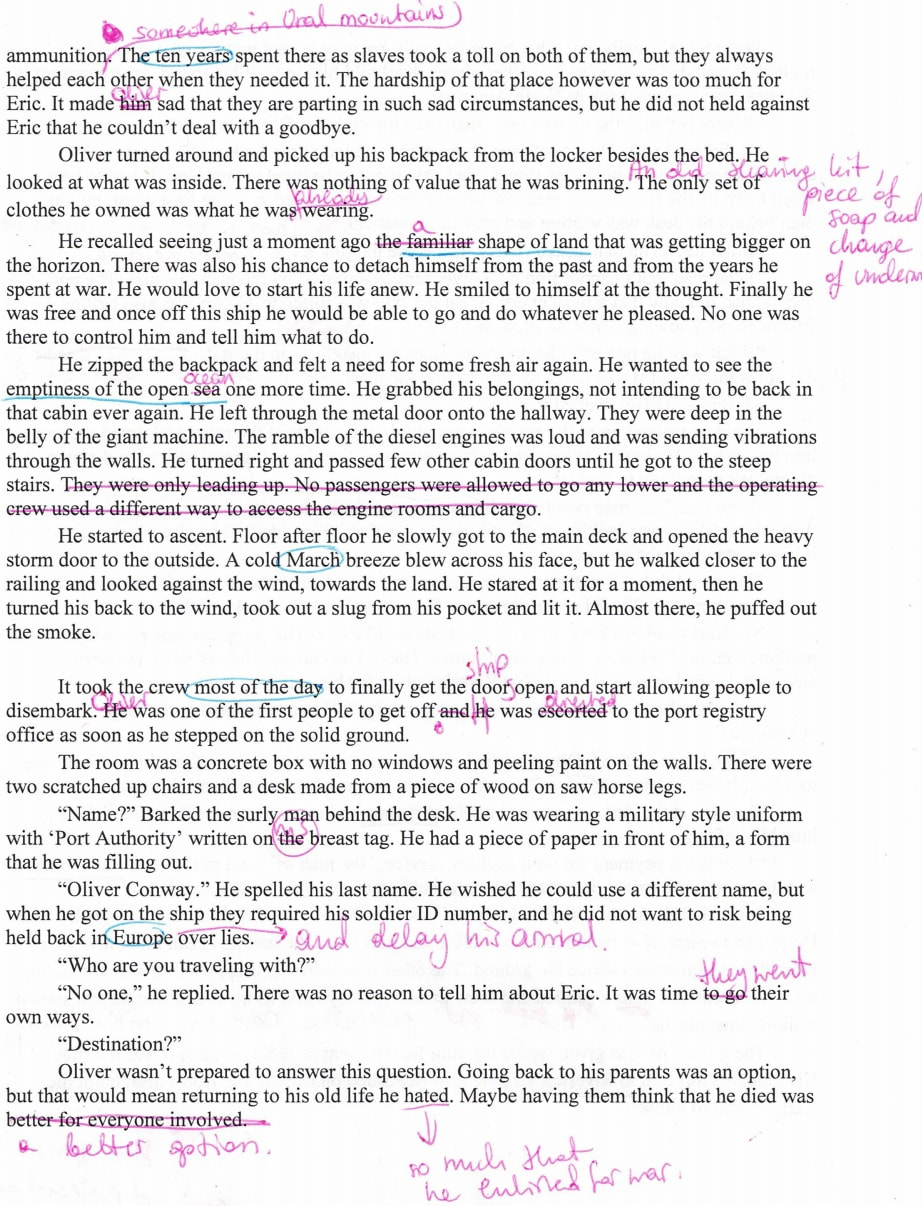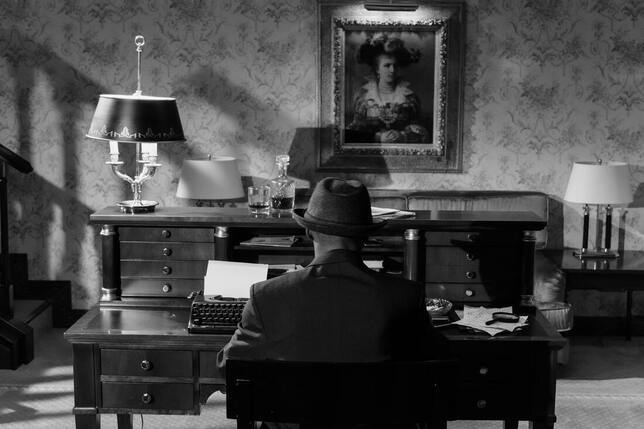|
* SPOILERS ALERT * TAKE ME TO A SAFE BLOG WITH NO SPOILERS First I will start with some snippets of reviews that I have recently received.
“Why is Oliver both a socialist and a killer?” “Did I read a piece of fiction that failed to hit the mark, or a disguised manifesto?” “While capitalism and elitism is under heavy critique in the novel, and the proposed solution seems somewhat rooted in socialism . . .” Is Sābanto “The Crimson River” a critique of capitalism and elitism? Absolutely yes. I hope no one who has read the book has any doubts about that. Steven White and his purchases of art and gold that serve no one but himself; Leo using his position of power to oppress others; John Leggett being more concerned about his profits than the workers and work conditions at the factory. Socialism, however, is such a broad term, and I feel that it is often misused. I can’t claim to be an expert in politics and socio-economic theory, but based on its definition, socialism is characterized by social ownership of the means of production, as opposed to private ownership. This is not what is being represented in the book. A more precise definition comes from socialist politics, and although it originated within the socialist movement, it supports economic and social intervention to create social justice. It came to embrace a mixed economy within a predominantly developed capitalist market economy and liberal democratic polity that expands state intervention to include income redistribution, regulation, and a welfare state. (https://en.wikipedia.org/wiki/Socialism) There are a few questions that anyone reading Sābanto “The Crimson River” should consider:
These questions come down to what is often called “social justice,” and many of you may even be able to reduce the above questions to one theme: “decency.” Only those with extreme capitalist views would say that the free market should be the sole determiner of fees, and that people ought to simply find better jobs in order to improve their working conditions and salaries and save for illness or retirement. Unfortunately, for a lot of people in the world of Sābanto, this is not possible. But it’s Socialism!! Yes, if you care about others, you have to be at least a little bit socialist. I would like to invite you to discuss the ending of the book where the people of Riverlea are dragged from their homes, beaten, packed into trucks, segregated, filtered and put into cages like cattle. Can social justice be forced on people “for their own good?” What is the motive behind this relocation and who is orchestrating the evacuations? What do you think the “socially just” consequences of placing disadvantaged people in gated communities might be? Bonus: “Why is Oliver both a socialist and a killer?” Because no one is black and white. Oliver’s actions are also not coming from wanting social justice, but from wanting to be in opposition to Friends.
0 Comments
* SPOILERS ALERT * TAKE ME TO A SAFE BLOG WITH NO SPOILERS When I was writing about Sābanto, I did not think of Riverlea as a specific place on earth, because food insecurity can happen anywhere in the world. On November 26th, 2022, Ukraine celebrated its 90th anniversary of the horrific time of the Holodomor and commemorated the millions of people who died between 1932 and 1933. I was reminded of this event while writing Sābanto, and the book took on a new meaning and symbolism for me.
What exactly was the Holodomor? When the Soviet Union preached the new world order to the masses, collectivization was their remedy for all the problems that existed in farming at the time. The idea was that if private land was merged into a large state-owned farm, the farmers would continue to work it as a group and that in turn would improve food distribution for everyone. There have been many articles and books that discuss why this was destined to fail, and I won’t go into much detail about it here, but Ukraine was in a very different situation than the rest of the Soviet Union at the time. Ukraine was divided between the Austrian and Russian Empires in the 18th century. It declared independence after WWI, but lost the fight against the Bolshevik Red Army after three years and was forcibly included in the USSR. The resistance and the need for an independent Ukraine were strong, which angered Soviet leader Joseph Stalin, who used repression and genocide to control any unrest. One of the tools that he used to accomplish this was forced collectivization of agriculture, and those who were opposed to it were given unreasonably high grain quotas. It left the farmers of fertile soil with nothing to eat themselves. With their grain stolen, and being unable to leave their villages, the farmers died of starvation. It is estimated that between 3 and 12 million people died in Ukraine as a result. White and Friends used the people of Riverlea similarly to the way Stalin and the USSR used the Ukrainian farmers. Because of his hatred of Gutters and their resistance, White controlled the shipments of food that went to the island city. In the first chapter of Sābanto, we learn that White is sending rotten onions to the other side of the river rather than more nutritious food. He does not care that his decision will cause deaths and he is even proud of his cunning politics. While many people of Riverlea die every year of starvation or get sick due to malnutrition, they are unable to leave the city, because of the control White had over access to Covedale. Friends’ goal in Sābanto is to use the lack of food to control the Gutters, who are a threat, and force them to surrender and reveal the secret of Riverlea. Food security is very important for everyone, and many countries struggle with feeding their own citizens, especially amid deteriorating climate conditions. The biggest threat to mankind, however, is those people who use food or any other resources needed to live as a weapon to keep others under control. Terrorists around the world, either in Syria, South Sudan, Yemen, or Russia to name a few, used or are using these tactics to advance their conflicts. How this can be prevented in the future is an important question, but so far there are no practical solutions. Photo by Brett Sayles Editing is a long process and it takes a lot of focus, time and persistence. It has now been a year since I had to rewrite the whole story of The Crimson River to fix some very important errors. I thought I would give you a sample of some of the late-stage editing and how such editing looks on a page.
Once the first draft is written, my editing process usually starts with printing the pages. Then I carefully read through everything and make notes. I then scan the edited pages. Having both the scanned/edited document and the original one open at the same time, I can quickly transfer the edits onto the manuscript. I then repeat this process several times until I read through the book without making any significant changes. That’s when I know the manuscript is ready for the editor. Here is a song that I was unable to post in a regular blog because it would spoil the truth of who Oliver really is. Although there are no bullets in the new world guns, the song fits the mood. Smash Into Pieces is a rock band from Sweden. All Eyes On You is part of their 2020 album Arcadia. I was unable to find the official video for the song, so here it is an Acoustic Version. All Eyes On You
Killer for hire, soldier of fortune Gotta walk through fire for what's important And the warrior's blood through your veins is coursing Killer for hire, soldier of fortune The whole world's watching every move Take your shot, don't act a fool All you've got and all you'll ever need Is one bullet in the chamber Breathe easy, take your aim, boy Ain't nobody gonna save you So what you gonna do? All eyes on you One bullet in the chamber Breathe easy, take your aim, boy Ain't nobody gonna save you So what you gonna do? All eyes on you Do or die, you're a mercenary One of a kind, that's your burden to carry Go and make them proud do what's necessary, oh, no Do or die, you're a mercenary Now the whole world's watching every move Take your shot, don't act a fool All you've got and all you'll ever need Is one bullet in the chamber Breathe easy, take your aim, boy Ain't nobody gonna save you So what you gonna do? All eyes on you One bullet in the chamber Breathe easy, take your aim, boy Ain't nobody gonna save you So what you gonna do? All eyes on you Now the whole world's watching every move Still your heart so much to prove Fight for all the things that you believe in Now the whole world's watching every move Take your shot, don't act a fool All you've got and all you'll ever need Is one bullet in the chamber Is one bullet in the chamber Breathe easy, take your aim, boy Ain't nobody gonna save you So what you gonna do? All eyes on you One bullet in the chamber Breathe easy, take your aim, boy Ain't nobody gonna save you So what you gonna do? All eyes on you * SPOILERS ALERT * TAKE ME TO A SAFE BLOG WITH NO SPOILERS When I started to write Sābanto, it was clear to me at the time that the main character, the creator of Sābanto, would be a man. One of the major aspects of the world of The Crimson River is gender inequality. The female characters are deliberately portrayed as inferior, unimportant; as property, prizes or people who can and should be exploited. That is the reason the book touches on prostitution, human trafficking and the idea that a woman needs to be supported by a husband or a male family member. In the world of Sābanto, having a woman rise from nothing to become successful both financially and politically would be extremely difficult. Steven White would not speak with a female at the same level. Leo would not be in any way concerned. She would not be seen as a worthy opponent to anyone. When I started to write, I only had a skeleton of the story. I needed the character to a) Have money, and b) use that money to create Sābanto. What happened in between was a little bit hazy at the time. In order to develop my character I watched shows, read books and took inspiration from different sources. Below I will shed some light on my research and choices.
Links: https://www.imdb.com/title/tt2193021/ https://www.imdb.com/title/tt4052886/ https://en.wikipedia.org/wiki/The_Godfather_(novel) https://en.wikipedia.org/wiki/The_Godfather_Returns https://en.wikipedia.org/wiki/The_Great_Gatsby https://authorstevehamilton.com/ https://www.psychologytoday.com/us/articles/199301/the-thrill-the-kill Discussion Topic (Please comment below)
* SPOILERS ALERT * |
Archives
April 2023
Categories |








 RSS Feed
RSS Feed



